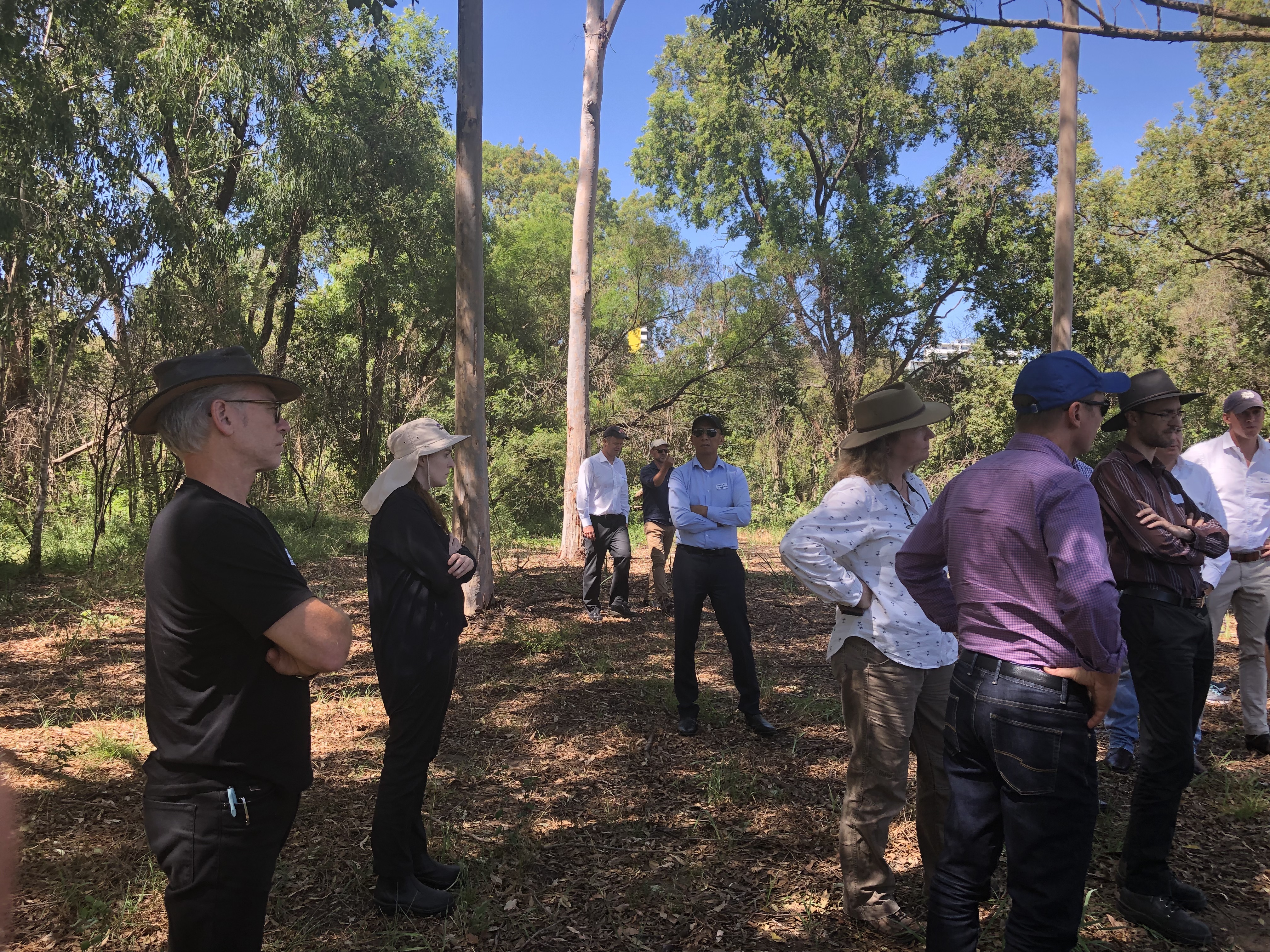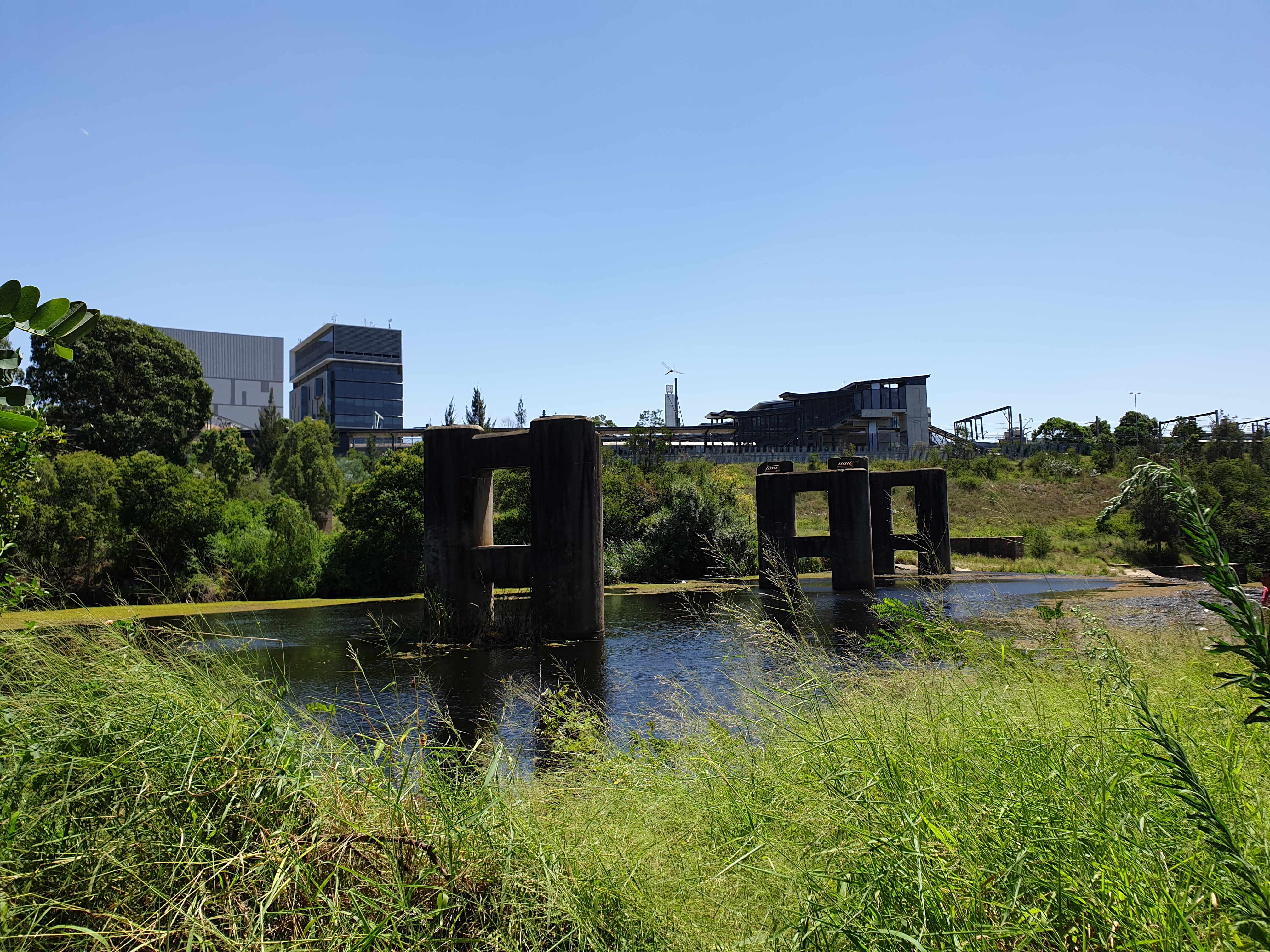CRCWSC helps Liverpool LGA realise its river city vision
The CRCWSC’s research synthesis process is a facilitated design process combining the latest research with local expertise to collaboratively develop practical ideas for addressing industry based challenges.
In March, we applied our research synthesis process to what’s known as the Liverpool ‘collaboration area’ in Greater Sydney, at the request of Sydney Water and Liverpool City Council. A ‘collaboration area’ is an area designated by the Greater Sydney Commission which has great potential to grow its vibrancy, diversity and productivity, with improved employment and education opportunities, enhanced liveability and sustainability. Over 12 months, stakeholders take a place-based, multi-stakeholder and coordinated planning approach to solving complex urban issues in the area.

The Liverpool ‘collaboration area’ has a draft Place Strategy with this vision:
By 2036, Liverpool is a rejuvenated river city, offering diverse and growing residential and employment opportunities. Major health, education and retail precincts, and a network of open spaces and parklands alongside the Georges River, create a rich mix of jobs and workplaces, public spaces, shops and entertainment.
The challenge is how to progress its vision, particularly around the opportunities to:
- reimagine the rivers and creek system
- create public open space on the land occupied by Liverpool Water Recycling Plant, owned and operated by Sydney Water, adjacent to the Georges River
- use recycled water to meet some of the cities’ water demand.
And that’s exactly where the CRCWSC was able to help.
During a two-day workshop on 12 and 13 March, the CRCWSC led stakeholders, including developers who own land in the area, through the research synthesis process. The starting point was a novel question: How would we plan Liverpool if water is the first layer of planning (instead of transport)?
Over the two days, stakeholders developed the idea of a ‘river sensitive city’, reimagining the beautiful Georges River and several tributaries flowing through Liverpool (or ‘Riverpool’ as the CRCWSC team fondly calls it). Like many other cities, Liverpool has turned its back on these waterways and there is a strong desire to reinstate them as a community focal point. Presently, there are few community access points to the river, and a train station cuts off views of the river from the CBD.
Several developers with land adjacent to the Georges River and close to the CBD attended the workshop to look at how their developments could be built with water sensitive city principles in mind. Having developers participate in our research synthesis workshops is very important and the feedback was overwhelmingly positive.
When asked about why the workshop was such a success, the CRCWSC’s New South Wales Regional Manager, Kristy Good, said: ‘Significant effort was made by Sydney Water and Council to get the right people at the table, including NSW Health and NSW Education. Also, a decision was made early on to include the developers because they are about to develop a significant parcel of land adjacent to the Georges River and the Liverpool CBD.
‘Bringing developers to the table and including them in broader discussions about the role they play in city shaping outside of their site boundaries is critical to unlocking the potential of a city.
‘There was also significant buy-in from the executive level both at Sydney Water and Council, and they are keen to implement some of the ideas from the workshop’.
The CRCWSC’s National Engagement Manager, Jamie Ewert, agrees: ‘The CRC applauds the commitment to the workshop outcomes shown by Paul Higham, Head of Service Planning and Asset Strategy at Sydney Water, and Liverpool Council Chief Executive, Keirsten Fishburn. Having their involvement is a significant outcome, and shows collaboration in action.
‘Also, Greater Sydney Commission’s Environment Commissioner, Rod Simpson, supported the research synthesis process as an example of the new way of working together, and of putting water at the forefront of planning for growth areas. We’re thrilled to see such high level commitment to this process,’ Jamie said.

For more information about our work with the Liverpool collaboration area and the research synthesis process, please contact Kristy Good (CRCWSC NSW Regional Manager) at kristy.good@crcwsc.com.au.
Our new research synthesis video gives a visual outline of the research synthesis process, its outcomes and benefits. You can watch it here.